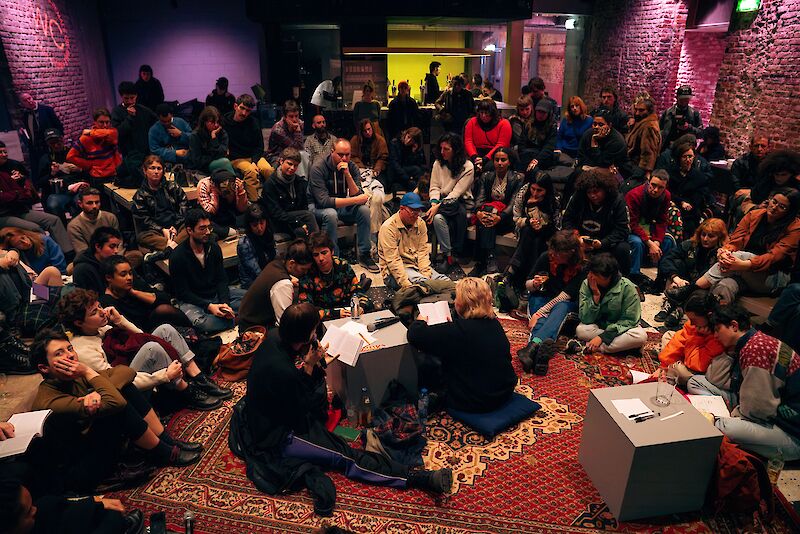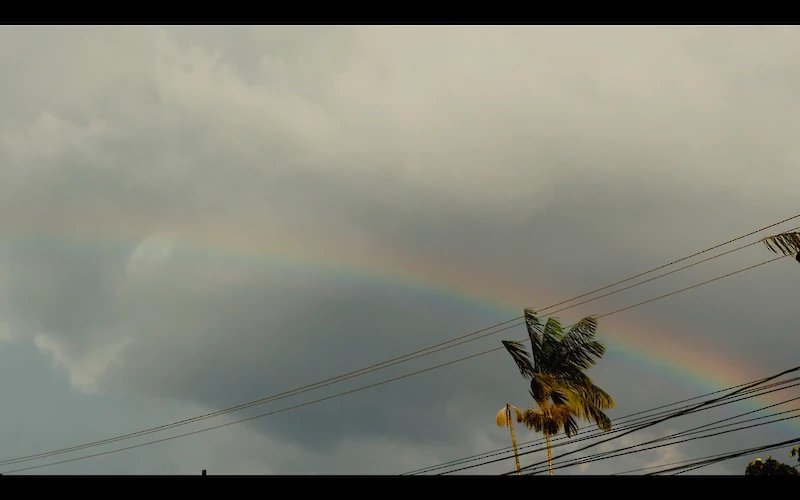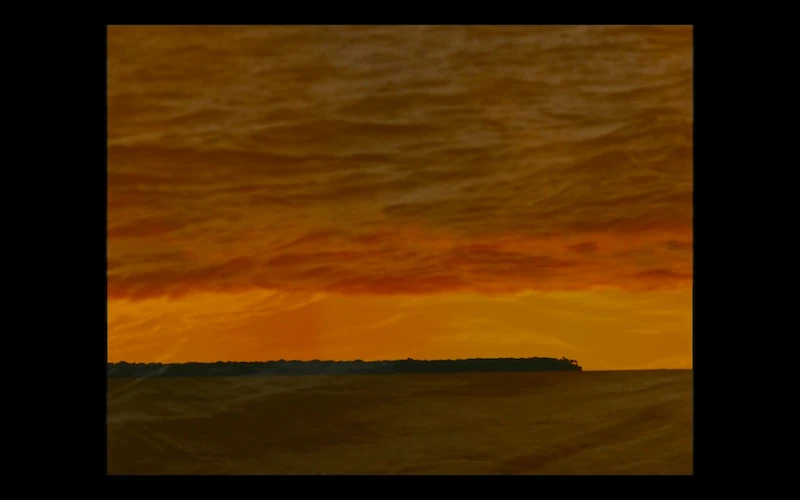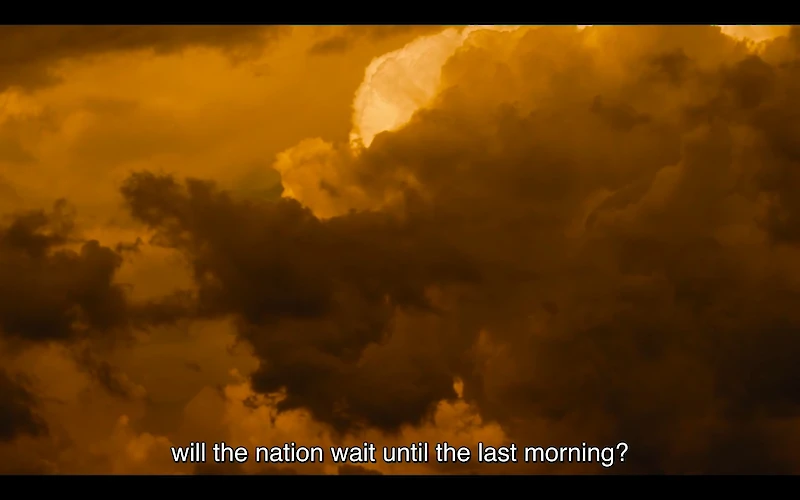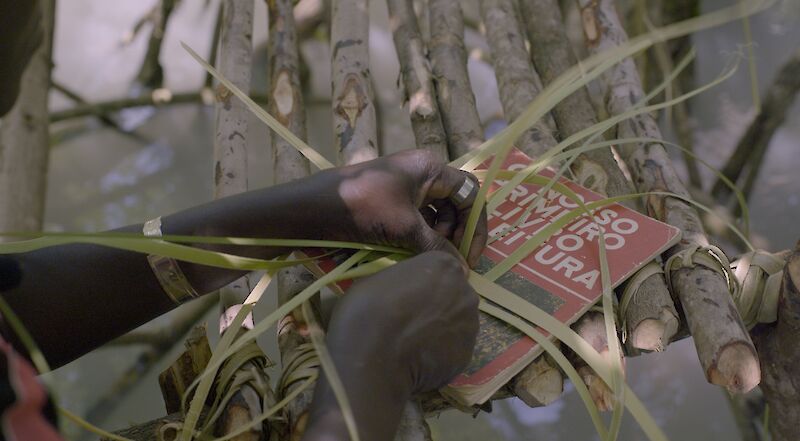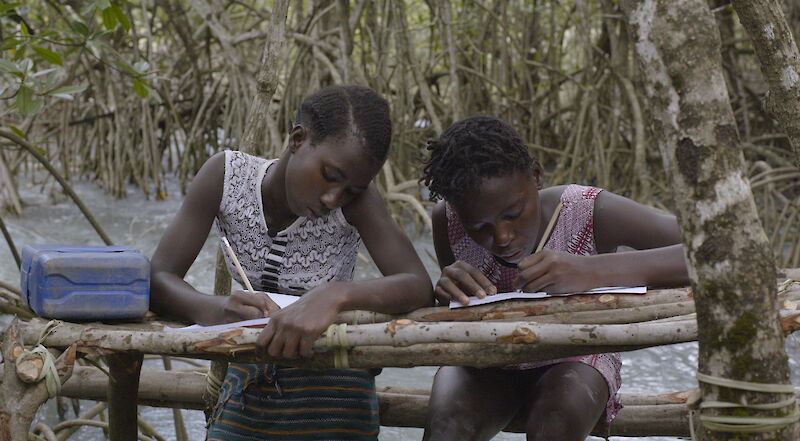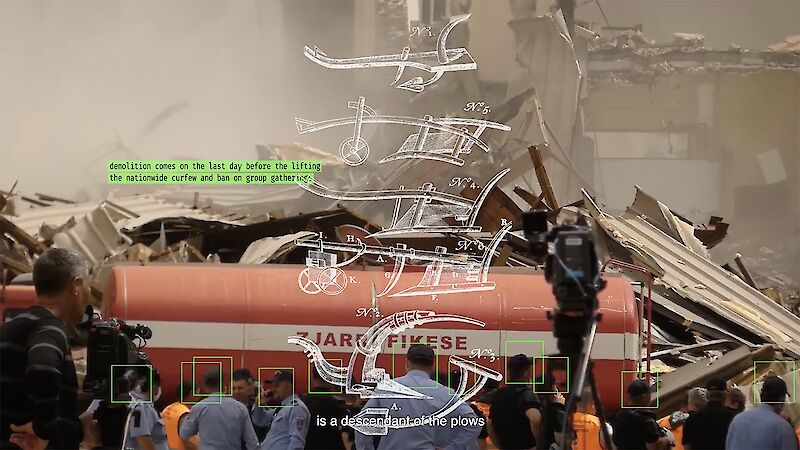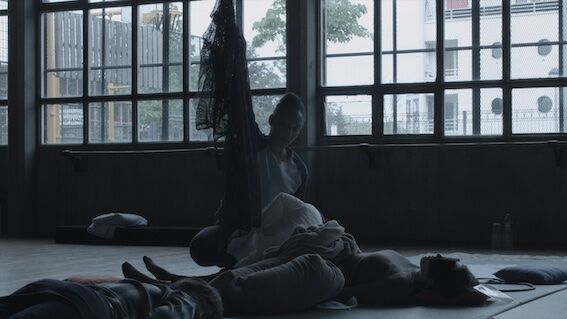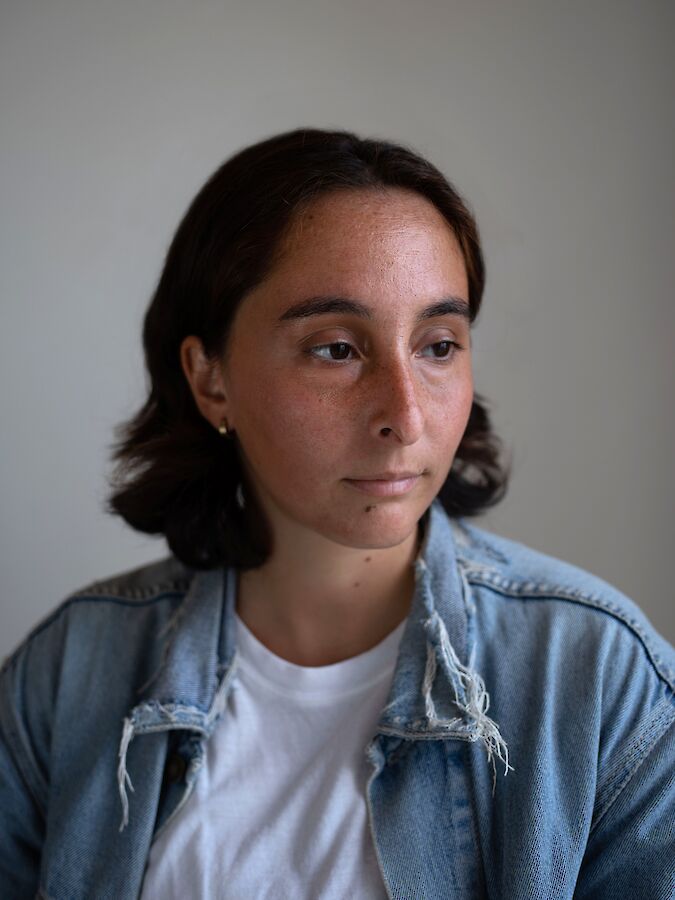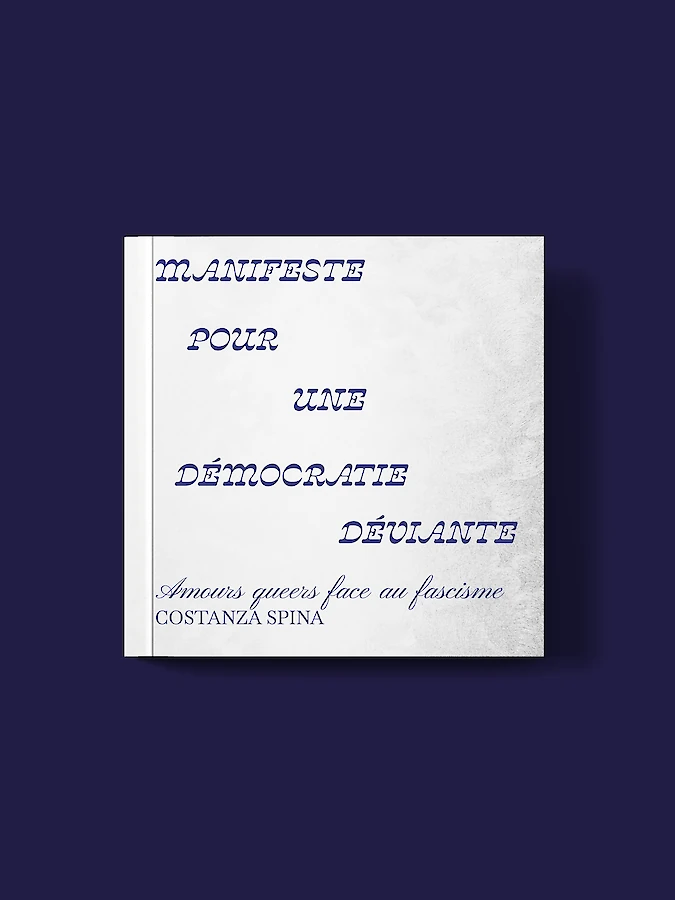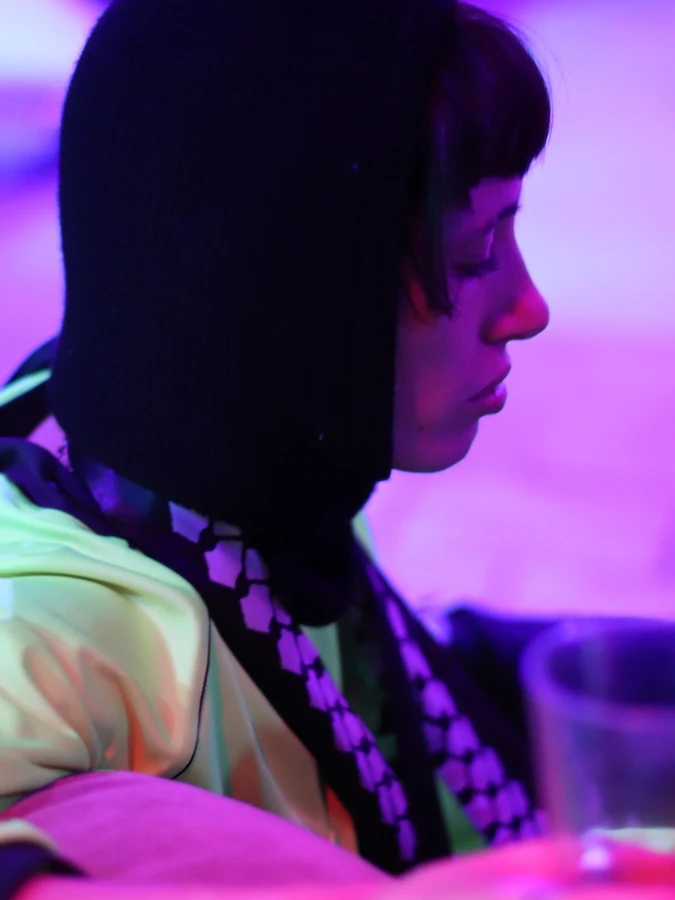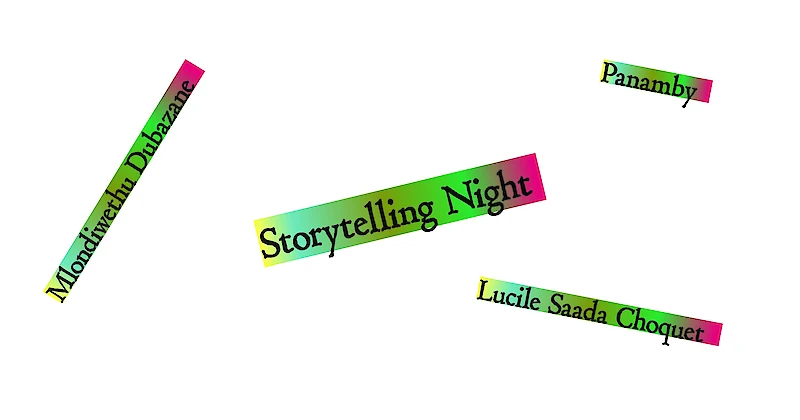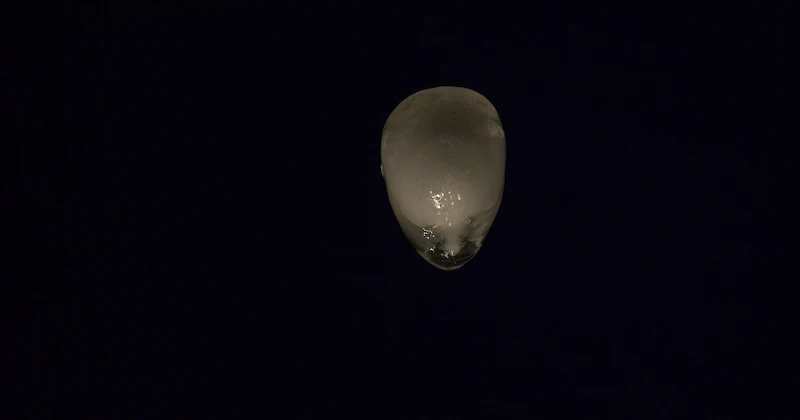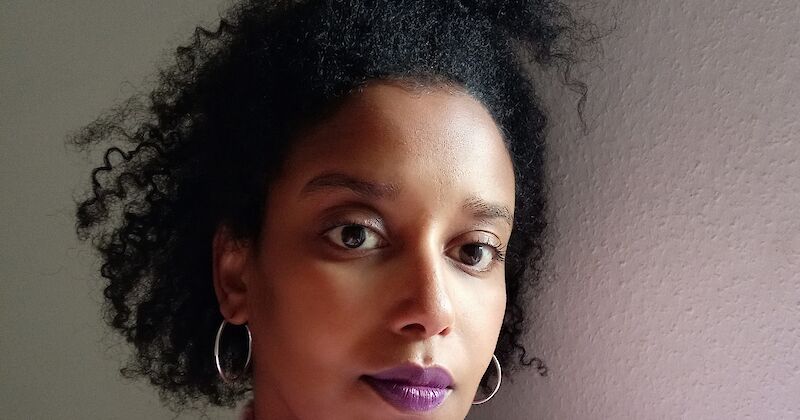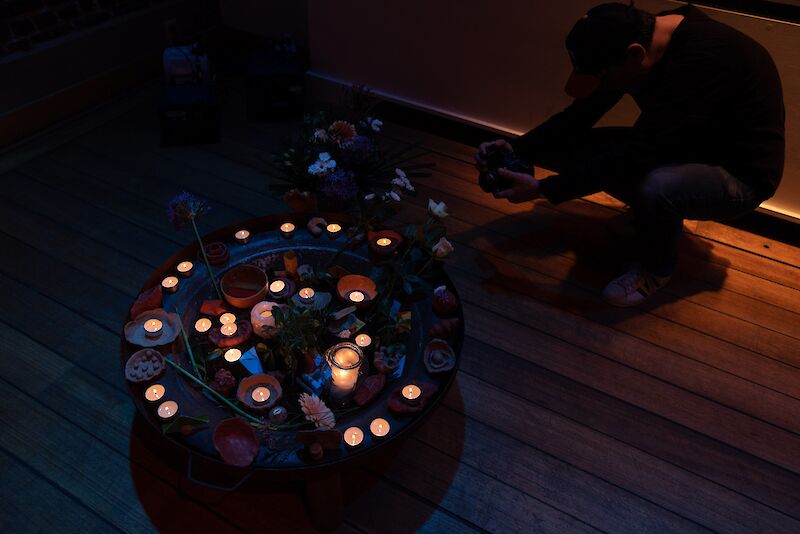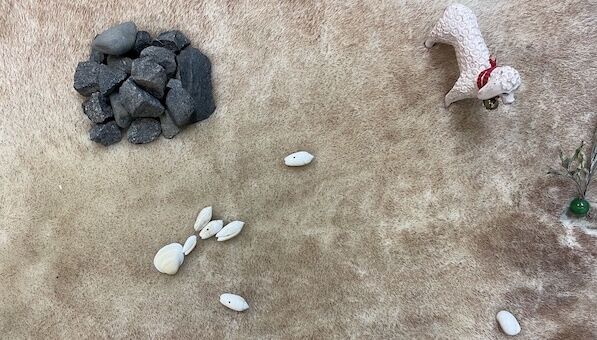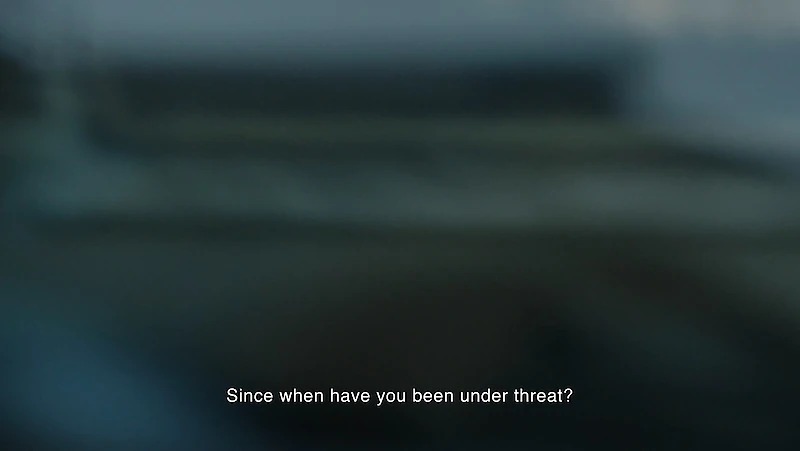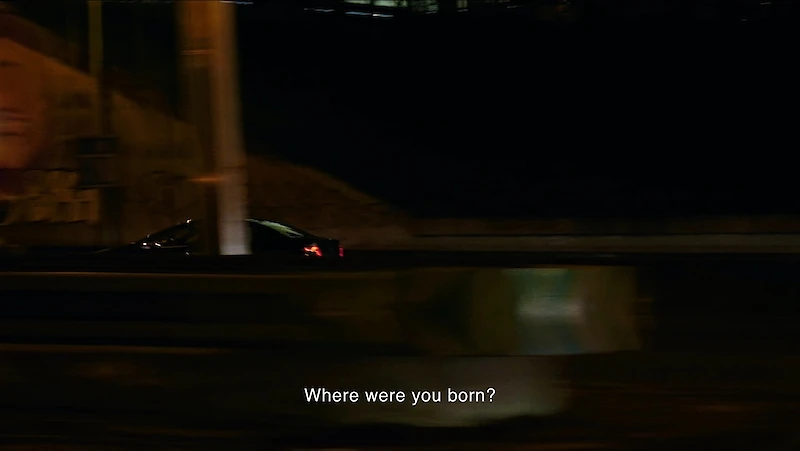Telling Tales. Towards Antifascist Futures
Stories are an integral part of worldmaking; they inform and shape our way of relating to the world and to others, while drawing out a picture of the good, the evil and the misfit. Controlling the means of story-making is a central stake in any authoritarian or fascist regime, in order to depict a world where there is no alternative to its withholding of power.
Stories and history are monitored through school curricula, political propaganda, univocal tradition, censorship in the arts and the media. Nevertheless, stories also circulate through the anecdotes we relate to friends, the stories we tell children at bedtime, the stories we secretly keep to ourselves or the ones we whisper on a pillow. “Narrating the world is narrating how we intend to modify it”, this quote by Wu Ming opens a chapter of the recently published book 'Entering Antiracist Pedagogies', reminding us that stories, and their transmission, are a powerful means for social change and for the transformation of dominant paradigms.
How to be multiple when togetherness is perceived as a threat? How to carry on transmitting quiet narratives when the loud and spectacular take up all the space? Telling Tales gathers artists, teachers, researchers and storytellers whose practices resist the monopoly of a single narrative characteristic of fascist rule.
The intimate correlation of author and authority – two words that share the same etymological root – is made visible in how power seeks ownership of narratives. With this programme, we wish to question and challenge monolithic, often-times simplified discourses with an invitation to delve into the deep and fugitive waters of memory. During three days, we share multiple storylines and testimonies while practising a sense of togetherness through touch, listening and imagination.
With Sónia Vaz Borges & Filipa César, Endi Tupja, Jota Mombaça, Costanza Spina, nadjim bigou-fathi and soto labor, Myriam Lefkowitz, Alex Reynolds, Panamby, Mlondiwethu Dubazane, Hoda Siahtiri, Peggy Pierrot, Manel Ben Boubaker, Shayma Nader, Lucile Saada Choquet, Dénètem Touam Bona.

